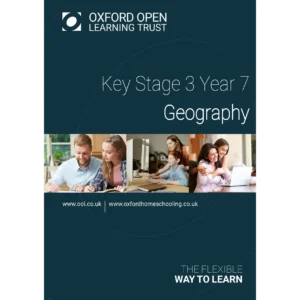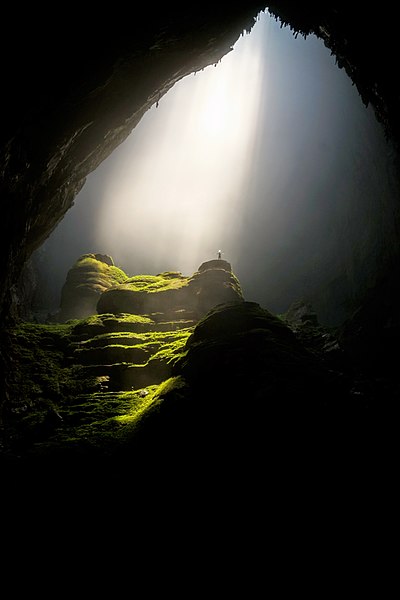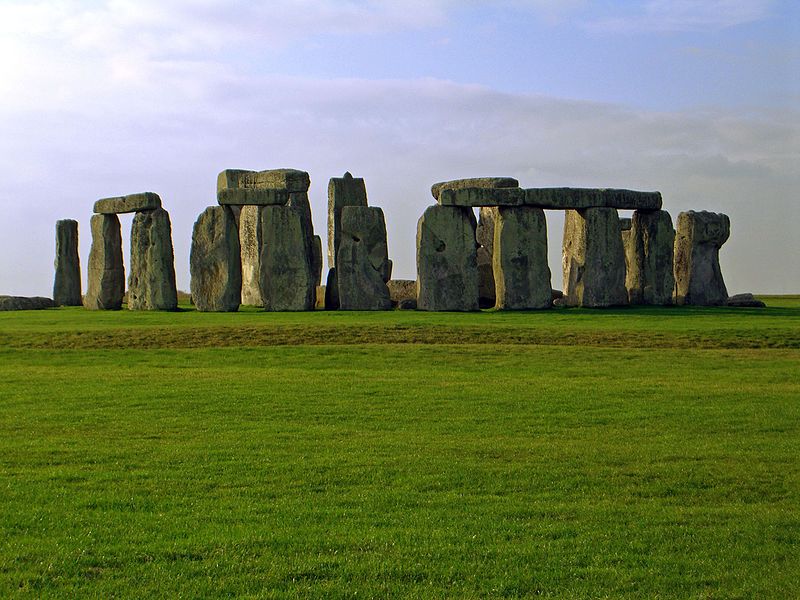Why would a volcanic eruption nearly 900 miles away impact UK airspace?
Key Stage 3 Geography – Year 7
There are two main priorities in our Year 7 Geography course. One is to instil the basic principles of Geography as an academic subject. The second is to make geography exciting and relevant to the lives of young people. The focus is on getting out and exploring the world. Here we introduce both physical and social geography with a particular focus on UK geography.
Geography Key Stage 3 Year 7
£14.99 / month
How does a course work?
Step 1 – Subscribe to our online course materials
Subscribe to the courses you wish to study. Each course contains everything you require to succeed in your chosen subject, including detailed coverage of all required topics, activities, self-assessment questions and assignments with comprehensive suggested answers. You may choose to have the assignments marked by one of our fully-qualified tutors.
The minimum subscription period is 6 months. After that, you can cancel your subscription at any time. If you wish, you may optionally purchase a printed, spiral-bound course pack at the point of subscription.
Step 2 – Taking control of your studies
You will be allocated a tutor from our bank of PGCE-qualified tutors. Your tutor will arrange a free 15-minute induction call with you to introduce themselves and the course to you. As you require further tutor support, you can purchase:
- Tutorial time, one-to-one in our virtual classroom
- Assignment marking
- Mock Exam marking
Course Outline
There are 20 lessons in the Year 7 course and seven tutor-marked assignments. The module titles, each with one assignment, are as follows:
- Module 1 Introductory module
- Module 2 Water and weather
- Module 3 Settlements
- Module 4 Shopping
- Module 5 Earth’s Structure
- Module 6 Rivers
- Module 7 Farming
Each module has been mapped to the Key Stage 3 national curriculum. There are also cross-curricular links to other key subjects such as History and IT. There is a separate Parents’ Guide for each module of the course. Each Parents’ Guide contains everything that a parent should need to offer practical support to the student.
Alongside the course materials, you have the opportunity to watch a number of films on the internet, all produced by a company called Twig. Your course subscription includes a subscription to Twig World so you can watch every video for free!
Examinations
There are no formal examinations for Key Stage 3 Geography.
Course duration and study time
The Recommended number of study hours for this course is 200 hours. You will need to fit all of this in
Because of the unique way Oxford Home Schooling courses are structured your support will last for as long as you are subscribed to the course, regardless of whether you decide to do the course in 12 months or 18.
Frequently Asked Questions
Why should I choose Oxford Home Schooling for my child's Key Stage 3 study?
- Oxford Home Schooling is a long-established educational company that prides itself on
- treating every student as an individual
- excellent customer service
- comprehensive, quality courses.
- We’re rated ‘Excellent’ on Trustpilot by students who have studied with us.
- We provide online and printed resources so you can study your way – other providers do not give you that choice.
- We make it easy for you to home-educate your children with our flexible schedule, tutor support, and subscription-based payment plan.
- Every year we help hundreds of children who have left mainstream education obtain the qualifications they need to progress and achieve their goals. A firm foundation at Key Stage 3 is vital.
Are there any exams for Key Stage 3 Courses?
No.
KS3 courses are the building blocks designed to prepare your child to begin studying for GCSE, which is formally examined.
With no exams to worry about, your child can take as much or as little time as they need to assimilate the basic principles in KS3. This can be a time in school when gifted children become bored and troublesome if they find it all too slow and easy while others may be put off learning if they have not had time to grasp the first principles of a subject. Oxford Home Schooling has the flexibility to cope with both of these extremes and every child in between.
Is there an age limit for KS3?
There isn’t a specific age requirement to start a Key Stage 3 course but we strongly recommend that the pupil is a minimum of 10 and preferably 11 when they start the GCSE course and also that they are academically capable of starting the course. If the student is not 10 before they start, we may have difficulty allocating you a tutor. There is no upper age-limit.
When can I start?
You may take out a subscription and start any time of the year you like. The earlier the better! The important thing to think about is the context of secondary education as a whole and the objectives you have as a family.
Once you have taken out a subscription, you will get access to your course online immediately and (optionally) your printed course materials will arrive a few days later.
Is it necessary to start with a Year 7 course?
No. Students may jump in at Year 8 or Year 9 instead. If a student has already completed Year 7 (or Year 8) within a school environment, they find they were repeating skills and knowledge already acquired. But any course makes assumptions about prior knowledge and our Year 8 courses do assume the prior knowledge that comes from a Year 7 course. Our Year 9 course, similarly, assumes knowledge from both Year 7 and Year 8. So it may take a little while to adapt.
Will completion of the KS3 course (to Year 9) put me in a good position to start my GCSE studies?
This is one of the main objectives of our KS3 courses. Some of our GCSE and International GCSE courses may go back briefly to first principles for the benefit of those who are new to the subject but a student’s chances of success are hugely enhanced if they have achieved a firm grounding at KS3 first.
Are any additional textbooks or external resources required?
The courses are largely self-sufficient so no additional textbooks should be required. The exception, perhaps, is English, where students will need to acquire certain novels, plays and poetry books. Access to the internet is advantageous at all levels of education, including KS3. Our science courses assume access to various very basic items of equipment for home-based experiments, usually under parental supervision.
From the Blog
The Great Rivers You Never See
Sometimes, beneath our feet and unbeknownst to us, flow a fascinating network of secret underground rivers and wet cave networks.
How Was Stonehenge Built?
In more recent centuries science has replaced suggestions of magic-realism, offering more plausible explanations of the construction process…





